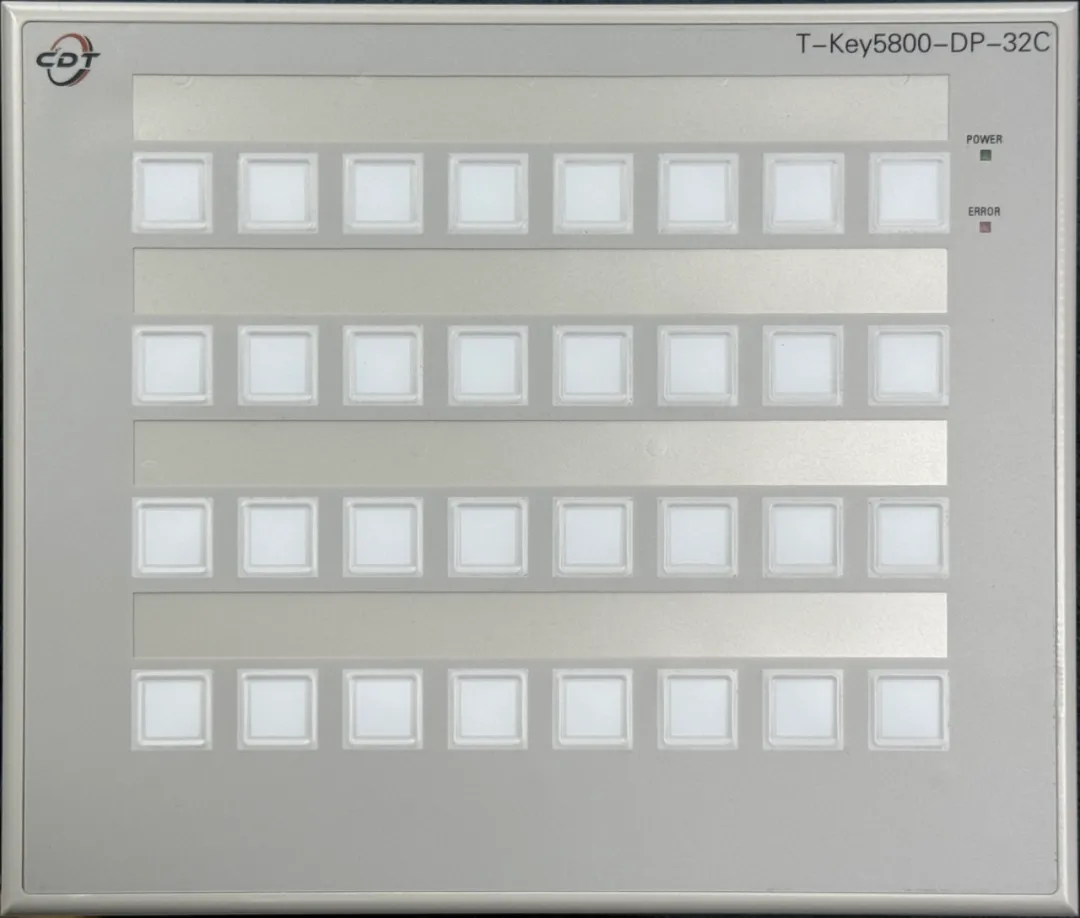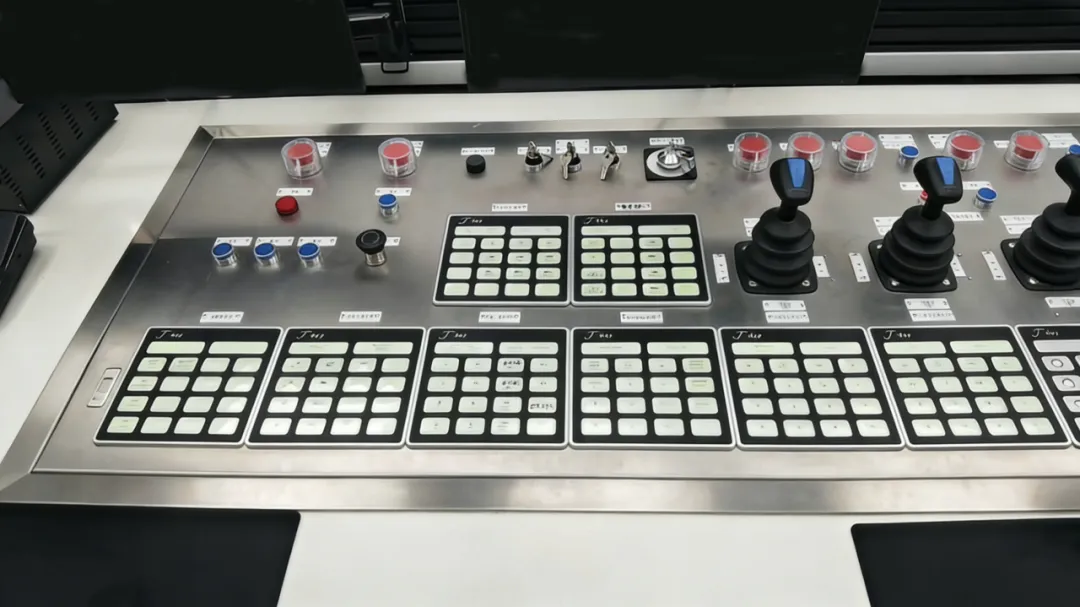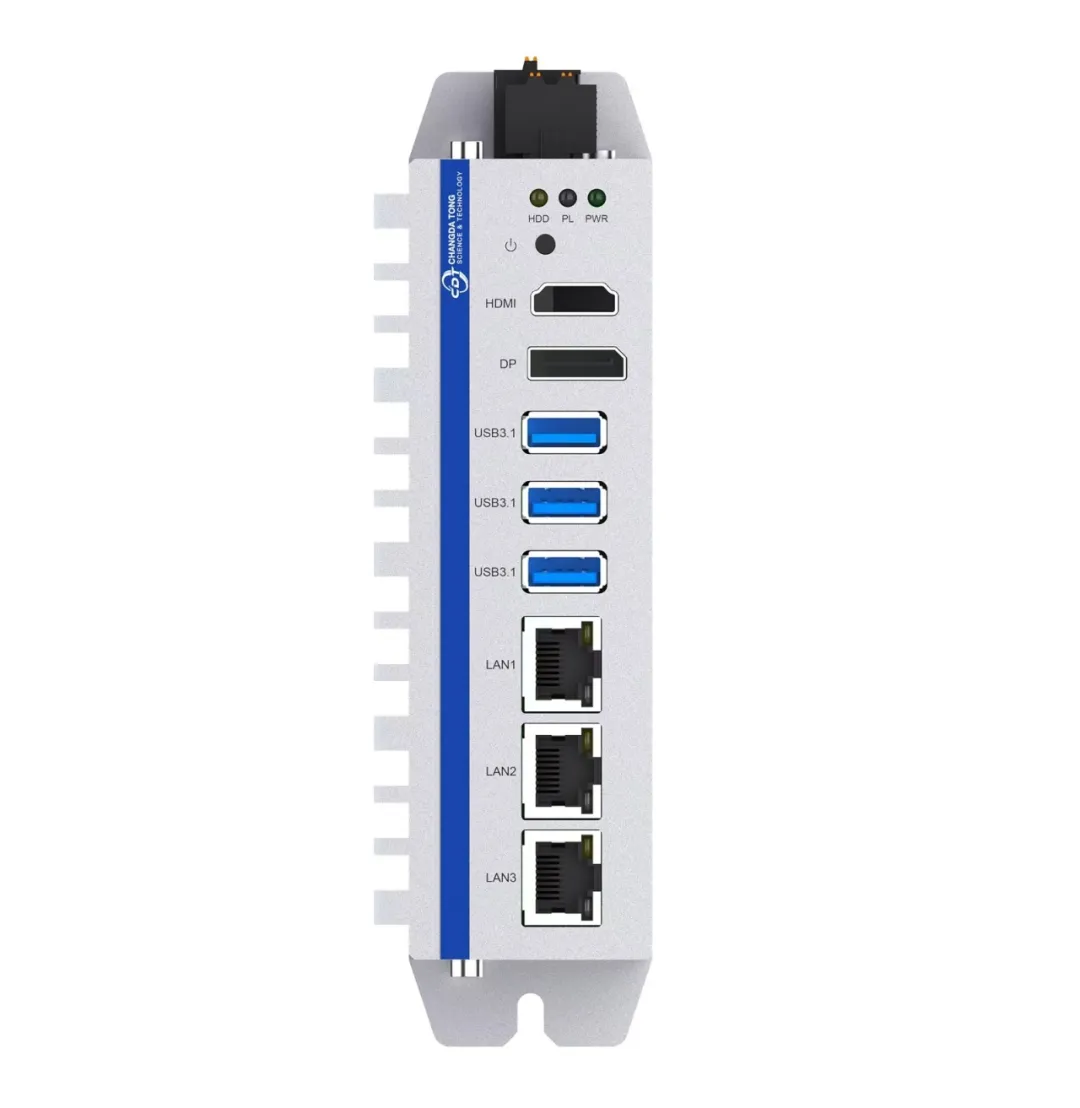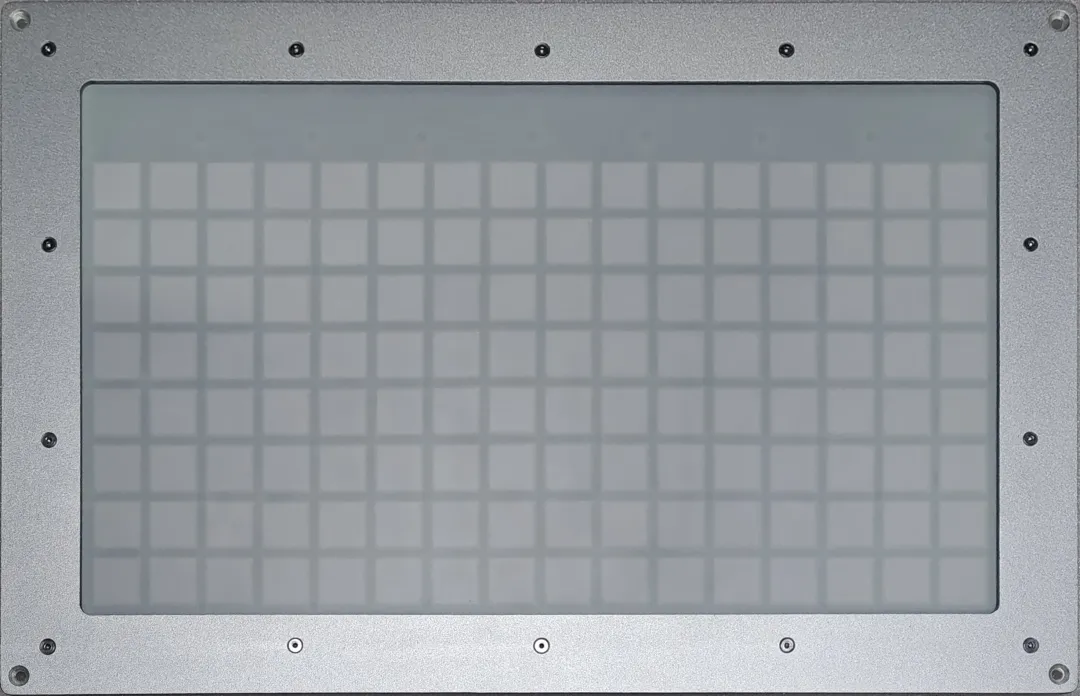"Chang" talk about the history of domestic operating system
With the rapid development of information and digitization, operating system, as the core of computer system, carries the key mission of managing hardware and software resources. Looking back on the development of the domestic operating system for more than 70 years, from the initial exploration to the gradual rise of today, each step embodies the country's firm determination and unremitting efforts.
In the 1950s, with the birth of the world's first general-purpose electronic computer in the United States, China also began to plan for computer research. In 1952, mathematician Hua Luogeng established China's first computer research group in the Institute of Mathematics of the Chinese Academy of Sciences, marking the official start of China's computer industry. However, in the field of operating systems, China was still a blank.
In the 1960s, China accelerated the pace of computer development, but compared with the international advanced level, there is still a big gap. In 1968, the 150 Project, set up for oil exploration, made a major breakthrough by developing China's first million-time integrated circuit computer, DJS-11, and carrying China's first operating system. This is a multi-channel batch processing System, similar to the IBM System/360 popularized in the United States in the 1960s, which laid the initial foundation for the development of China's operating system.
In the 1980s, with the rise of the wave of computer miniaturization and popularization, China also began to develop domestic PCS. In 1983, the Ministry of Electronics Industry decided to develop domestic PC, and launched the first Chinese operating system CCDOS for PC compatible machines in China. Since then, the wave of software Sinicization has swept the country and promoted the popularity of PC in China. However, although the sinicization of DOS is convenient for users, it has problems from the perspective of copyright. Therefore, China began to explore the development of domestic operating systems with independent copyright.
In the 1990s, domestic operating systems ushered in the first real explosion. In this wave, almost all enterprises chose Linux, which was rising at a high speed at that time. In 1999, China's first Linux/Fedora based domestic operating system Xteam Linux 1.0 was officially released, marking a solid step for domestic operating systems in the field of Linux. Since then, Red Flag Linux, Zhongsoft Linux and so on have emerged, the domestic operating system seems to be about to usher in the dawn of the rise.
However, subsequent developments were unexpected. The domestic Linux operating system is rapidly declining due to problems such as serious delays, poor user experience and lack of ecological establishment. The failure of this period made the country gradually realize that developing a domestic operating system is not an easy task, but a long and difficult process.
Entering the new century, the domestic operating system ushered in a new development opportunity. In 2006, The State Council identified the nuclear high base (core electronic devices, high-end general purpose chips and basic software projects) as one of the 16 major projects to promote the development of information technology, and clearly defined the goal of developing basic software. Since then, the domestic operating system has once again received unprecedented support at the policy level, and quickly walked out of the previous shadow.
In 2009, the second wave of domestic operating systems represented by bid-winning Kirin, Galaxy Kirin, Depth, Euler, new Fulcrum, etc., began vigorously. These operating systems have made significant progress in terms of technical level, market acceptance and ecological construction. Among them, Kirin operating system has maintained the first place in China's Linux market share for 12 consecutive years, becoming the leader of domestic operating systems.
In addition to the Kirin family, depth, Euler, new fulcrum and other systems also have their own strengths. Deepin system has been widely praised by users for its beautiful and easy to use characteristics. Euler system, relying on Huawei's technical strength and ecological advantages, has made remarkable achievements in the server field. The new fulcrum system is widely used in government affairs, finance, power, transportation and other fields, providing a strong support for the diversified development of domestic operating systems.
Looking ahead, domestic operating systems still face many challenges. However, with the continuous improvement of the country's attention to the autonomy and control of information technology, as well as the continuous efforts and innovation of domestic science and technology enterprises, I believe that domestic operating systems will be able to achieve more brilliant achievements in the future development. Let us look forward to the bright future of domestic operating system!


















Please first Loginlater ~